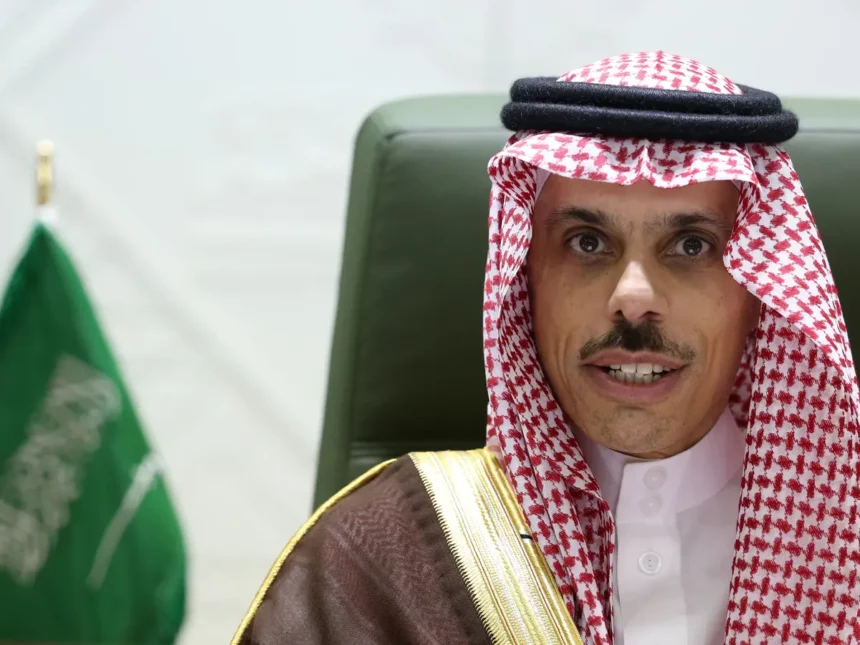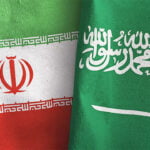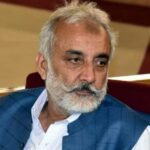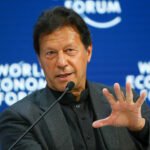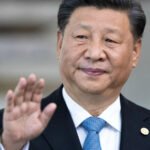According to the foreign minister of Saudi Arabia, if Iran were to acquire nuclear weapons, its Gulf Arab neighbours would take action to strengthen their security.
In September, indirect US-Iranian negotiations to save a 2015 nuclear agreement between major nations and Iran, which Washington left in 2018, came to a standstill with the worry over Tehran’s recent revelation that it was increasing its enriching capability has been expressed by the UN nuclear head.
When questioned about this possibility during an on-stage interview at the World Policy Conference in Abu Dhabi, Prince Faisal bin Farhan Al Saud responded, “If Iran gets an operational nuclear weapon, all bets are off.”
“We are in a very dangerous space in the region … you can expect that regional states will certainly look towards how they can ensure their own security.”
The Russia-Ukraine war and domestic turmoil in Iran following the murder of 22-year-old Mahsa Amini while in detention are now the main topics of discussion as the nuclear talks have stagnated, according to Western nations who accuse Iran of making excessive demands.
Prince Faisal said Riyadh welcomed efforts to restore the agreement “on condition that it be a starting point, not an end point” for a better agreement with Tehran, despite the kingdom’s continued “scepticism” about the Iran nuclear deal.
Gulf Arab countries have pushed for a more robust deal that answers their worries about Iran’s missile development, drone programme, and network of regional allies.
“The signs right now are not very positive, unfortunately,” Prince Faisal remarked.
“We hear from the Iranians that they have no interest in a nuclear weapons programme, it would be very comforting to be able to believe that. We need more assurance on that level.”
Iran claims to only be using its nuclear technology for peaceful purposes.
Given the present focus on Tehran’s weaponry and Western nations’ accusations that Russia is employing Iranian drones to attack targets in Ukraine, a senior Emirati official stated on Saturday that there was a chance to reconsider “the fundamental concept” of the nuclear agreement. Russia and Iran refute the accusations.




